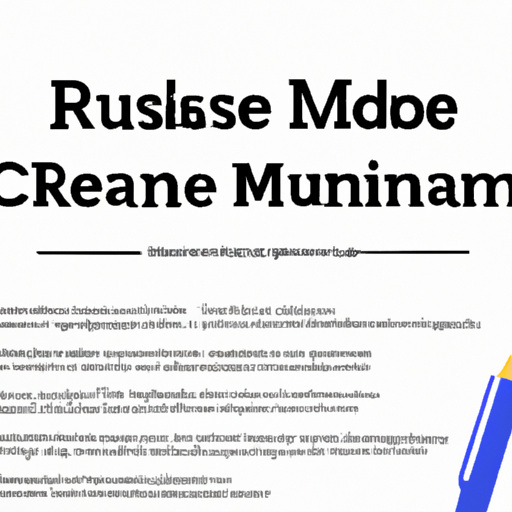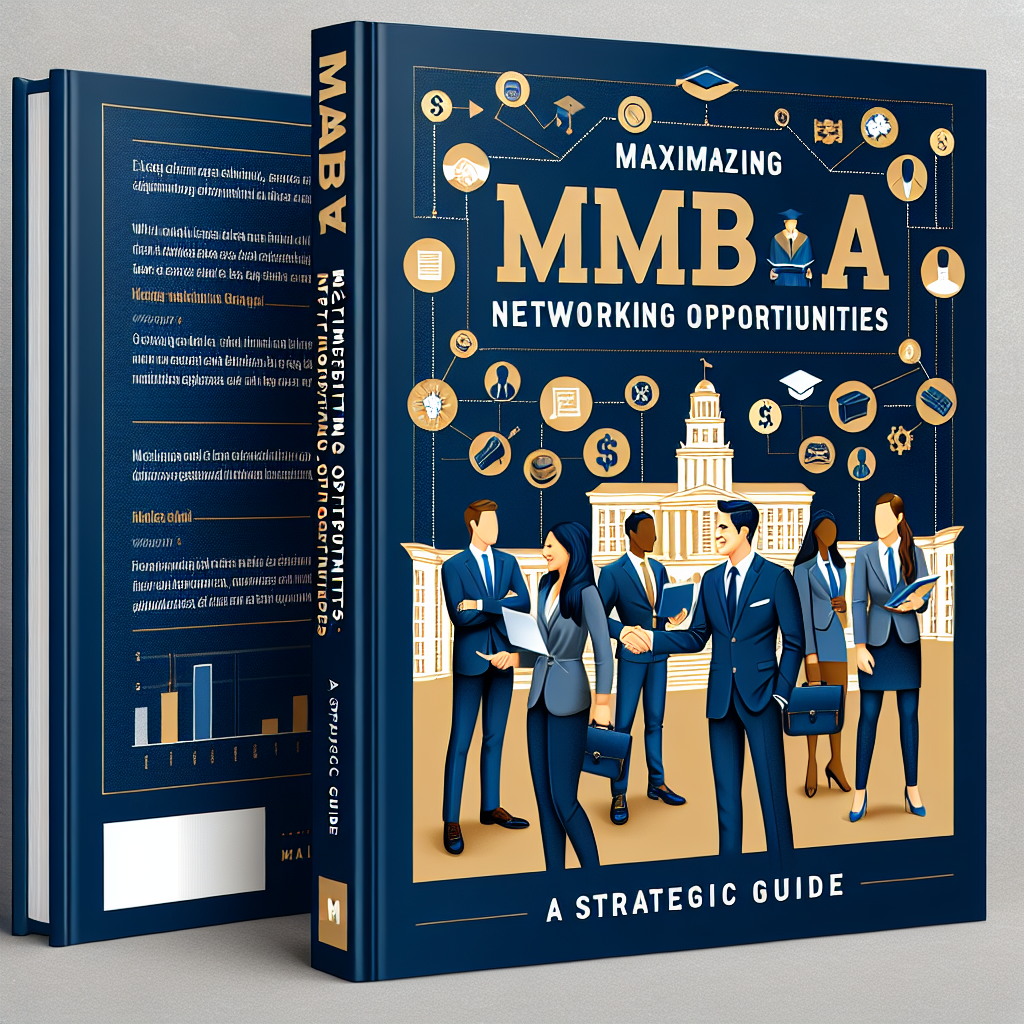MBA for Working Professionals Ranking: Your Guide to the Best Executive Programs

MBA for Working Professionals Ranking: Top Executive MBA Programs
Are you a working professional considering advancing your career with an MBA? Discover everything you need to know about the mba for working professionals ranking, and how to select the best executive MBA programs tailored for your unique needs. This comprehensive guide covers program formats, top business schools, and key decision-making factors, helping you make an informed choice for your professional journey.
Why Choose an MBA for Working Professionals?
The modern workplace demands flexibility, leadership, and a diverse skill set. For mid-career professionals, an MBA tailored for working executives provides the opportunity to accelerate growth, transition to senior management roles, and expand their professional network. These programs are designed with the busy work schedule in mind, offering flexible learning options such as weekend classes, online modules, and hybrid formats.
- Career Advancement: Gain the credentials needed for leadership positions.
- Skill Enhancement: Learn cutting-edge management, finance, and strategic skills.
- Networking: Connect with peers, faculty, and business leaders worldwide.
- Flexibility: Study while maintaining your professional and personal responsibilities.
Understanding MBA Rankings for Professionals
When searching for the best MBA for working professionals ranking, it is crucial to understand what makes a program stand out. Academic excellence is just one factor; others include program flexibility, faculty credentials, career outcomes, alumni success, and global reputation.
Several organizations release annual rankings for executive MBA and part-time MBA programs. These ranking systems analyze metrics such as:
- Faculty quality and industry experience
- Student satisfaction and graduation rates
- Post-graduation salary increases
- Alumni network strength
- Program adaptability for working professionals
Common LSI keywords in this context include: executive mba ranking, best mba for working professionals, top part-time mba programs, online mba for professionals, flexible mba options.
Top-Ranked MBA Programs for Working Professionals
Below is a curated selection of business schools consistently featured in mba for working professionals ranking lists. These institutions offer executive, part-time, or online MBAs designed to fit around a full-time job:
| Business School | MBA Format | Highlights |
|---|---|---|
| Kellogg School of Management | Executive MBA (EMBA) | Global focus, strong alumni network, flexible scheduling |
| Wharton School | EMBA, Part-Time MBA | Industry-leading faculty, robust career resources |
| Booth School of Business | Evening/Weekend MBA | Analytical approach, customizable curriculum |
| MIT Sloan | Executive MBA | Innovation-driven, strong tech integration |
| IE Business School | Global Online MBA | Flexible online modules, international cohorts |
Other notable programs include UC Berkeley Haas, UCLA Anderson, and London Business School, each offering unique MBA formats for busy professionals.
Key Factors in MBA for Working Professionals Ranking
- Flexibility: Evening, weekend, and online formats enable you to balance work, study, and life commitments.
- Return on Investment (ROI): Consider tuition costs, potential career advancement, and post-MBA salaries.
- Reputation: School brand and global recognition play a significant role in the value of your degree.
- Career Services: Top programs offer robust career support, executive coaching, and strong employer connections.
- Alumni Network: A strong, active alumni network provides mentorship and career opportunities worldwide.
- Curriculum Quality: Look for courses that blend theory with real-world practice, including leadership, strategy, and innovation.
- Diversity: Programs with diverse cohorts foster richer learning and global perspectives.
LSI keywords often associated with these factors include: mba program reputation, executive mba salary increase, part time mba flexibility, best business schools for professionals, career advancement mba.
Online vs. Part-Time MBA: Which is Best for You?
Online MBA for Professionals
- Study from any location, perfect for frequent travelers or remote workers.
- Asynchronous classes allow you to learn at your own pace.
- Opportunities for global networking and virtual teamwork.
- Ideal for those balancing unpredictable work hours.
Part-Time MBA for Working Executives
- Attend in-person classes, ideal for local professionals seeking face-to-face interaction.
- Structured schedule with evening or weekend sessions.
- Hands-on learning and immediate application of concepts at work.
- Build local business connections and engage with campus resources.
Both formats are highly ranked in mba for working professionals ranking lists, so your decision should align with your career goals, learning preferences, and lifestyle.
Admission Requirements and Application Tips
Most MBA programs for working professionals seek candidates with a strong academic and professional track record. Common requirements include:
- Bachelor’s degree from an accredited institution
- 2-10 years of relevant work experience
- GMAT/GRE scores (some programs waive this for experienced applicants)
- Professional recommendations
- Personal statement or essays describing your goals and motivations
- Interview (in-person or virtual)
Application Tips for Working Professionals:
- Highlight leadership and project management experience in your resume and essays.
- Demonstrate your ability to balance work, study, and personal life.
- Seek recommendations from supervisors or colleagues who can attest to your professional impact.
- Showcase your commitment to career progression and lifelong learning.
- Research each program’s unique requirements and deadlines.
Conclusion: Choosing Your Ideal MBA Program
Selecting the right MBA for working professionals is a pivotal step in your career. By understanding the mba for working professionals ranking criteria, evaluating top-ranked programs, and reflecting on your personal and professional goals, you can make a decision that will propel you toward leadership and long-term success. Use this guide to compare business schools, program formats, and key ranking factors, and embark on your journey to becoming a future-ready executive.


